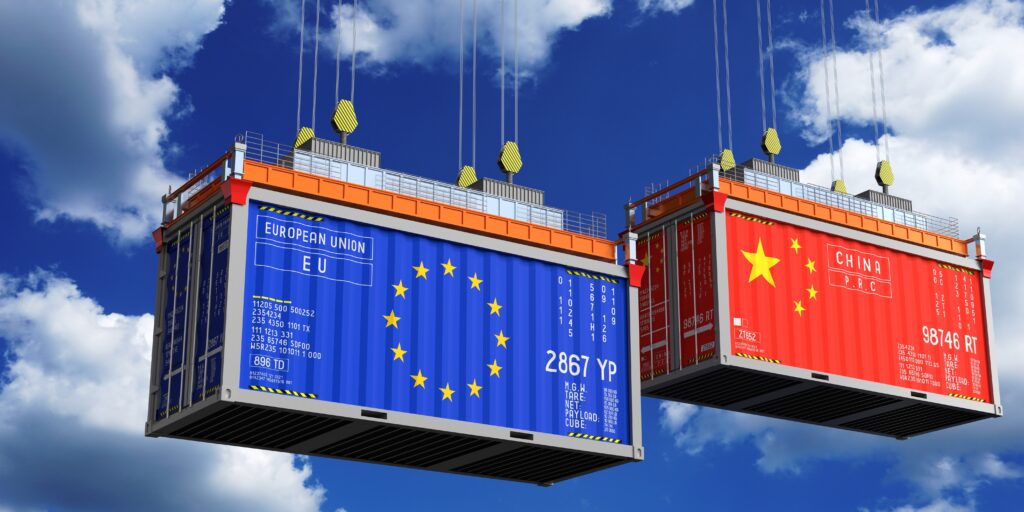China has placed ‘initial’ anti-dumping duties of up to 62.4% on EU pork imports worth over $2 billion, following an investigation into various countries, sparked by the EU’s imposition of tariffs on Chinese electric vehicles last year.
China’s Ministry of Commerce’s preliminary investigation into pork products found evidence of dumping that damaged the domestic industry and approved duties starting on September 10, according to a release on Friday, Reuters reports.
China focused its investigation, which was launched in June 2024 and then extended further this summer, on a small number of Spanish, Danish and Dutch firms. Companies that collaborated with the investigation received duties ranging from 15.6% to 32.7%, but all other firms were assigned 62.4%.
However, the decision is only preliminary and could theoretically be changed when the investigation ends in December. There is also precedent for China extending investigations after levying tariffs, as in the case of Canadian canola, the report adds.
The European Commission said the investigation was based on ‘questionable allegations and insufficient evidence’ and that it had not yet determined its response, Reuters reported. “But I can categorically assure you that we will take all the necessary steps to defend our producers and industry,” a Commission spokesperson said.
Even Rogers Pay, an analyst at Beijing-based Trivium China who specialises in agriculture, said with just a few months before the investigation concludes, the odds of finding a negotiated solution are ‘increasingly slim’.
If the threatened tariffs do come into force, it will come as a significant blow to EU pork producers, for who China remains a very important market. China imported $4.8 billion (approx £3.5bn) worth of pork, including offal, in 2024, over half of it coming from the EU, with Spain the biggest exporter.
“This is worrying news for us. We’re concerned about the impact this will have on prices on the European market,” said Anne Richard, director of French pork industry association INAPORC.
There could be knock-on effects for the UK market. There could be opportunities if China looks elsewhere for its imported pork, but downward market pressure if surplus becomes available on the EU, although much of the product exported to China from the EU is offal.




